★★★★
“When child stars grow up”
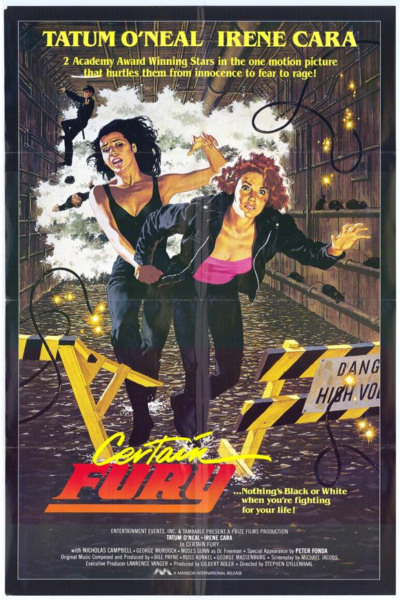 Child actors have a difficult challenge facing them when the reach adulthood. They are not the sweet kids anymore that everyone loves and wants to cuddle with. They can’t rely on the cuteness factor anymore that made them once so successful. That can lead to tragedy. How many former kid stars became drug addicts or committed suicide because they couldn’t return to that time anymore, when in a way the world was theirs? Others were smart enough to leave film business behind them and start a new career e. g. Shirley Temple. But a few of them are indeed lucky. they stay calm amidst all the thunderstorms of early successes and puberty, manage to stay relevant to audiences and even find a new footing and grown-up roles, that cement their careers as everlasting film stars. Actresses like Sophie Marceau or Jodie Foster come to mind.
Child actors have a difficult challenge facing them when the reach adulthood. They are not the sweet kids anymore that everyone loves and wants to cuddle with. They can’t rely on the cuteness factor anymore that made them once so successful. That can lead to tragedy. How many former kid stars became drug addicts or committed suicide because they couldn’t return to that time anymore, when in a way the world was theirs? Others were smart enough to leave film business behind them and start a new career e. g. Shirley Temple. But a few of them are indeed lucky. they stay calm amidst all the thunderstorms of early successes and puberty, manage to stay relevant to audiences and even find a new footing and grown-up roles, that cement their careers as everlasting film stars. Actresses like Sophie Marceau or Jodie Foster come to mind.
The latter is a particular success story, making the transition from child actor to grown-up movie star. In the 70s she was the regular tomboy in Disney family comedies and at one point was even under consideration to play a young Princess Leia in what would become the first Star Wars movie. Her constant competitor in tomboy roles was Tatum O’Neal. the youngest ever to win an Oscar, for her performance in Peter Bogdanovich’s beautiful tragic-comedy Paper Moon (1973), next to her father. She also played a tomboy in The Bad News Bears as Walter Matthau’s daughter. Coincidentally, Paper Moon became a TV series in which Jodie Foster played O’Neal’s role! Unfortunately, O’Neal went through the usual teen-phase, then slowly disappeared from the screen. Later she made headlines for her troubled marriage and addiction. Just a couple of years ago again when she was taken in by police because she wanted to buy some drugs.
Why this long introduction? It’s because I think it’s kind of unjust how her career went – though everyone is responsible for their own decisions and you never really can plan to be in “successful movies“. But contrast the career of Foster who had a similar basis, but persevered after making some less interesting movies for much of the 1980’s. Her second career in films began with the Oscar for Accused (1988) and then moved on from there to bigger things. It just shows that you may have talent and get credit for some time in Hollywood. But if the right movie and role doesn’t come along, and you make some bad decisions, anyone’s promising movie career can just evaporate in front of your eyes.
There are movies that are crossroads that can lead to other – maybe better – things or open up a new role type for you, maybe an entire new genre. My feeling is that Certain Fury (title in German cinemas: “In the heat of New York”) could maybe have been that for O’Neal. It just wasn’t to be.
From 1985, it checks all the boxes for a typical 80’s action buddy movie, beginning with the story. At a mass trial of young girls, responsible for different criminal acts, two prostitutes start a shoot-out in the courtroom that has to be seen to be believed. A remarkable act of violence which you hardly would ever find in a modern action movie of today where everything is usually very neat and clean. Scarlet (O’Neal) who has killed a man – in self-defence as we find out later – and Tracey (Cara, who won an Oscar herself for her song in Flashdance shortly before; the title song here is also by her) are among those who take their chances in the ensuing chaos. They run from the court building into the streets, chased by the police.
They are more fortunate than one of the prostitutes, who gets shot into the back. Really, this movie could only exist in the 80’s, and would be unthinkable for today’s Hollywood. The pair make it into the sewers, and survive an underground explosion, caused by a cop’s lit cigarette igniting sewer gas. They eventually meet one of Scarlet’s lovers named Sniffer (Nicholas Campbell) who is an especially disgusting creature. He obviously makes porn and after Scarlet has left, tries to rape Tracey in the shower. While not a particularly graphic scene, it might well work against the possibility of the film being released in the US again.
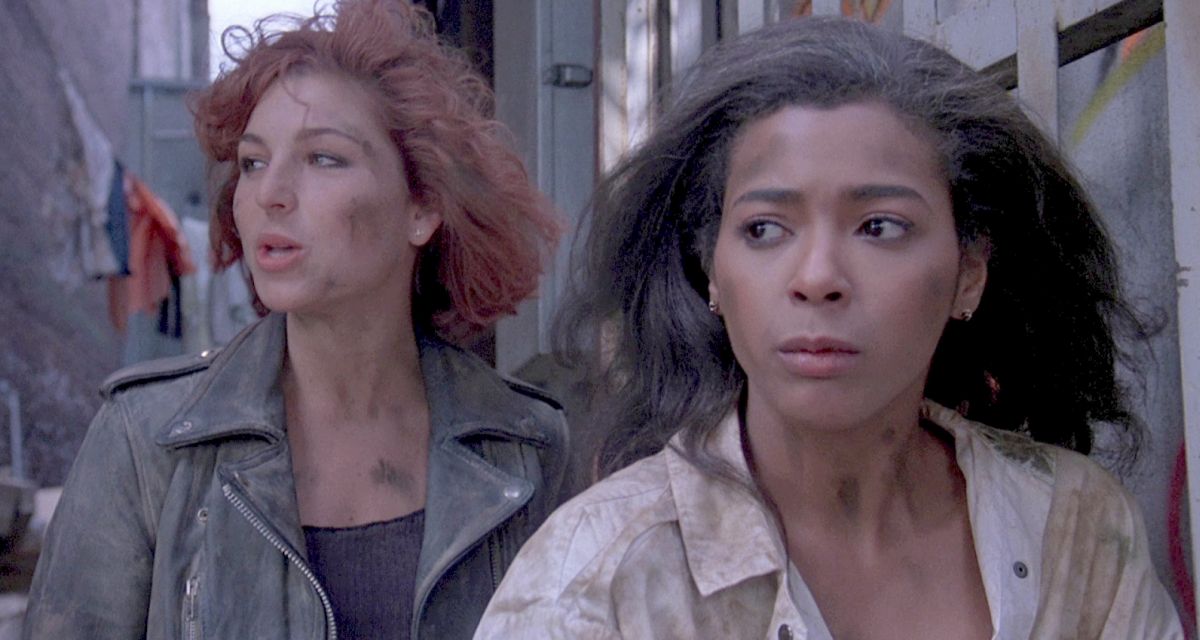 Scarlet tries her best to get help from another former lover, the arrogant, rich, criminal Rodney, who turns out to be played by Peter Fonda. Did he ever get an Oscar for one of his movies? I don’t think so. [Jim: no, just nominated for Ulee’s Gold] It’s so strange because he’s the most well-known actor in this movie. But he likes her as lttle as her other ex, and cuts her cheek with a knife. She just returns right on time to escape with Tracey before Rodney’s men arrive to get her after he made a deal with the police. Scarlet has taken some of Sniffer’s drugs and manage to sell them in what looks like a giant derelict house in the slums. It really is a movie from Reagan era! ;-)) Her persecutor arrives on the scene, injects Tracey with drugs, sets fire to the house and has a final fight with Scarlet before meeting a fiery death.
Scarlet tries her best to get help from another former lover, the arrogant, rich, criminal Rodney, who turns out to be played by Peter Fonda. Did he ever get an Oscar for one of his movies? I don’t think so. [Jim: no, just nominated for Ulee’s Gold] It’s so strange because he’s the most well-known actor in this movie. But he likes her as lttle as her other ex, and cuts her cheek with a knife. She just returns right on time to escape with Tracey before Rodney’s men arrive to get her after he made a deal with the police. Scarlet has taken some of Sniffer’s drugs and manage to sell them in what looks like a giant derelict house in the slums. It really is a movie from Reagan era! ;-)) Her persecutor arrives on the scene, injects Tracey with drugs, sets fire to the house and has a final fight with Scarlet before meeting a fiery death.
Police inspector Lt. Speier (Murdock) is meanwhile trying to find the girls, together with Tracey’s father, Dr. Freeman (Moses Gunn, e. g. a gangster boss in Shaft). The theme of Black and White working together is repeated in these characters, as in the girls themselves. This is a very positive, uplifting message but – unlike today where many movies have become a lesson about racism and discrimination – it’s not a lecture, it’s inherent in the movie’s story and characters. It makes this much more palatable for me than modern movies who lose the entertainment aspect in the background, while putting their lessons in your face.
As the two girls are believed to be dead (Tracey reads it in the newspapers; Scarlet can’t read) they consider a new life together, free in the mountains. But Scarlet doesn’t believe it’s possible, and in her brusque manner tosses Tracey away from her. When the police arrive, Scarlet still keeps on walking on a bridge, so they shoot her in the back. But the last shot shows Scarlet being hold by Tracey and Dr. Freeman saying it is not so serious, and was only into the shoulder. Guess that’s a happy ending… or something like that!
It’s all tough stuff. Certain Fury isn’t an “important” movie; indeed, you could even argue whether or not it is a “good” movie. As a matter of fact, I had a strong feeling when watching this movie that Charles Bronson might come around the corner any moment to “clean up the slums of New York“. It really looks like one of those cheap Cannon flicks that were such guilty pleasures in the video stores of the 80s (and might be even more now!). And, indeed, just a short time later, Cannon had Charlie handcuffed to a snotty teen, and sent on a similar road trip through gangster-land in Murphy’s Law (1986). Though that movie more or less dropped any social issues of the O’Neal-Cara-film and concentrated on the bloody action of Bronson versus the rest of the criminal underworld.
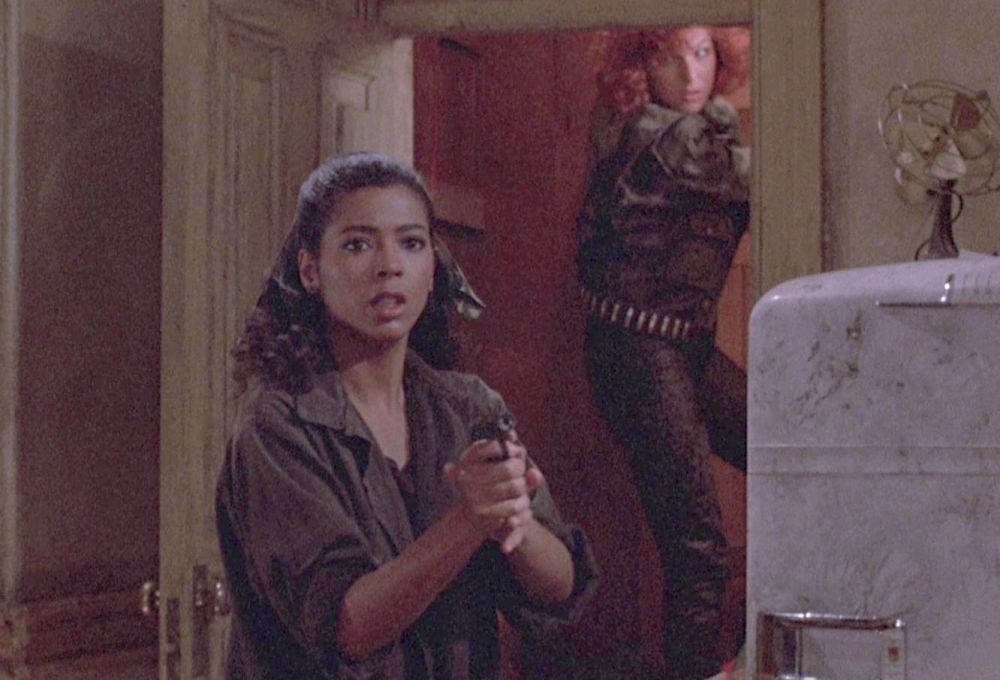 I note also obvious similarities to the Stanley Kramer-classic The Defiant Ones (1958) with Tony Curtis and Sidney Poitier. Scarlet is not nice and understanding, she is street-wise, prone to anger and absolutely insulting. Heck, she even drops the N-word to Tracey. So the inspiration is arguably there. And who knows, maybe it wasn’t an accident that a year after this movie, The Defiant Ones got an update in a 1986 television movie with Robert Urich and Carl Weathers (also a very watchable movie). [Jim: there’s also Black Mama, White Mama, in which Pam Grier and Margaret Markov are another inter-racial pairing, who escape from prison handcuffed together]
I note also obvious similarities to the Stanley Kramer-classic The Defiant Ones (1958) with Tony Curtis and Sidney Poitier. Scarlet is not nice and understanding, she is street-wise, prone to anger and absolutely insulting. Heck, she even drops the N-word to Tracey. So the inspiration is arguably there. And who knows, maybe it wasn’t an accident that a year after this movie, The Defiant Ones got an update in a 1986 television movie with Robert Urich and Carl Weathers (also a very watchable movie). [Jim: there’s also Black Mama, White Mama, in which Pam Grier and Margaret Markov are another inter-racial pairing, who escape from prison handcuffed together]
While I mainly saw and enjoyed Certain Fury for what it was – enjoyable over-the-top action trash – the movie nevertheless put some fingers into social issues that may be as relevant today in America, as they were almost 40 years ago. Racism, social class differences, uncontrollable no-go areas, criminality, poverty, drugs and – yes – even police brutality can be witnessed in this movie. Though after the bloody mass shoot-out in the courtroom at the beginning, where hardly anyone is left alive, you can maybe understand the over-reaction of the police! I don’t think this almost forgotten little movie offers any solutions to these myriad of problems. But it at least suggests that even very different people can understand and support each other, even if it needs an extreme emergency to do so. It’s a theme also mirrored in the very different duo of the white police inspector and the black surgeon.
Now, I wouldn’t recommend the movie if you want a high-quality social drama: too much Charles Bronson in it, if you ask me. But it’s enjoyable action trash, and interesting that at one point Tatum O’Neal could have become an action or thriller star. The latter genre was, after all, the one in which Jodie Foster found her greatest commercial success. O’Neal’s acting is very good, I think; there’s nothing left of that little brat she embodied in the 70s. Her Scarlet is an interesting character of the “hard shell, soft core” variety. She could maybe have continued in this manner; who knows? Instead of that she chose to marry tennis player John McEnroe, which obviously wasn’t the best move for her in any way.
Here’s a little confession: I feel a certain emotional connection to this movie as I discovered the trailer online and then suggested it to a German DVD label who promptly released the movie on DVD here in Germany (even with an audio commentary of two film historians!) – I think my ego is going to explode! ;-) And an interesting final tidbit: In the German-language version Tatum O’Neal is played by the voice artist who regularly dubs… Jodie Foster!
Dir: Stephen Gyllenhaal
Star: Tatum O’Neal, Irene Cara, Nicholas Campbell, George Murdock
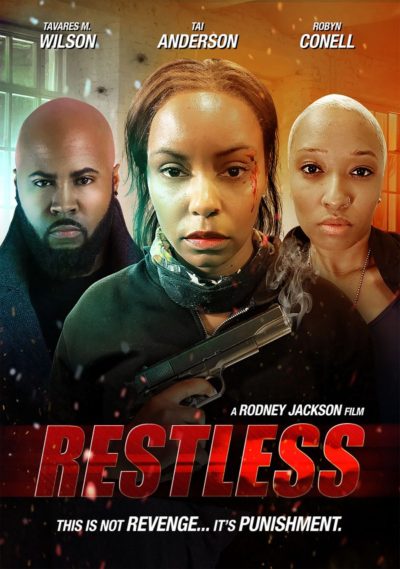 Single mother Naomi Harper (Anderson) is devoted to her son, and he to her. In an effort to help Mom make ends meet, he gets a job working for notorious local “businessman”, Noah Oliver (Wilson). When her child turns up dead, Naomi is sure that Oliver had something to do with it. The police, in particular Detectives Emory Kota (Conell) and August Hayes ( Jeziorski), don’t necessarily disagree, but their hands are tied. This is partly due to a shortage of actionable evidence, partly because Oliver’s connections run deep into the local political and judicial establishment in Conyers, Georgia, making it impossible to take action against him. Well, at least officially. Naomi has no such limitations, and this apparently mild-mannered loan officer has a background that may prove of help.
Single mother Naomi Harper (Anderson) is devoted to her son, and he to her. In an effort to help Mom make ends meet, he gets a job working for notorious local “businessman”, Noah Oliver (Wilson). When her child turns up dead, Naomi is sure that Oliver had something to do with it. The police, in particular Detectives Emory Kota (Conell) and August Hayes ( Jeziorski), don’t necessarily disagree, but their hands are tied. This is partly due to a shortage of actionable evidence, partly because Oliver’s connections run deep into the local political and judicial establishment in Conyers, Georgia, making it impossible to take action against him. Well, at least officially. Naomi has no such limitations, and this apparently mild-mannered loan officer has a background that may prove of help.





 Child actors have a difficult challenge facing them when the reach adulthood. They are not the sweet kids anymore that everyone loves and wants to cuddle with. They can’t rely on the cuteness factor anymore that made them once so successful. That can lead to tragedy. How many former kid stars became drug addicts or committed suicide because they couldn’t return to that time anymore, when in a way the world was theirs? Others were smart enough to leave film business behind them and start a new career e. g. Shirley Temple. But a few of them are indeed lucky. they stay calm amidst all the thunderstorms of early successes and puberty, manage to stay relevant to audiences and even find a new footing and grown-up roles, that cement their careers as everlasting film stars. Actresses like Sophie Marceau or Jodie Foster come to mind.
Child actors have a difficult challenge facing them when the reach adulthood. They are not the sweet kids anymore that everyone loves and wants to cuddle with. They can’t rely on the cuteness factor anymore that made them once so successful. That can lead to tragedy. How many former kid stars became drug addicts or committed suicide because they couldn’t return to that time anymore, when in a way the world was theirs? Others were smart enough to leave film business behind them and start a new career e. g. Shirley Temple. But a few of them are indeed lucky. they stay calm amidst all the thunderstorms of early successes and puberty, manage to stay relevant to audiences and even find a new footing and grown-up roles, that cement their careers as everlasting film stars. Actresses like Sophie Marceau or Jodie Foster come to mind. Scarlet tries her best to get help from another former lover, the arrogant, rich, criminal Rodney, who turns out to be played by Peter Fonda. Did he ever get an Oscar for one of his movies? I don’t think so. [Jim: no, just nominated for Ulee’s Gold] It’s so strange because he’s the most well-known actor in this movie. But he likes her as lttle as her other ex, and cuts her cheek with a knife. She just returns right on time to escape with Tracey before Rodney’s men arrive to get her after he made a deal with the police. Scarlet has taken some of Sniffer’s drugs and manage to sell them in what looks like a giant derelict house in the slums. It
Scarlet tries her best to get help from another former lover, the arrogant, rich, criminal Rodney, who turns out to be played by Peter Fonda. Did he ever get an Oscar for one of his movies? I don’t think so. [Jim: no, just nominated for Ulee’s Gold] It’s so strange because he’s the most well-known actor in this movie. But he likes her as lttle as her other ex, and cuts her cheek with a knife. She just returns right on time to escape with Tracey before Rodney’s men arrive to get her after he made a deal with the police. Scarlet has taken some of Sniffer’s drugs and manage to sell them in what looks like a giant derelict house in the slums. It  I note also obvious similarities to the Stanley Kramer-classic The Defiant Ones (1958) with Tony Curtis and Sidney Poitier. Scarlet is not nice and understanding, she is street-wise, prone to anger and absolutely insulting. Heck, she even drops the N-word to Tracey. So the inspiration is arguably there. And who knows, maybe it wasn’t an accident that a year after this movie, The Defiant Ones got an update in a 1986 television movie with Robert Urich and Carl Weathers (also a very watchable movie). [Jim: there’s also
I note also obvious similarities to the Stanley Kramer-classic The Defiant Ones (1958) with Tony Curtis and Sidney Poitier. Scarlet is not nice and understanding, she is street-wise, prone to anger and absolutely insulting. Heck, she even drops the N-word to Tracey. So the inspiration is arguably there. And who knows, maybe it wasn’t an accident that a year after this movie, The Defiant Ones got an update in a 1986 television movie with Robert Urich and Carl Weathers (also a very watchable movie). [Jim: there’s also 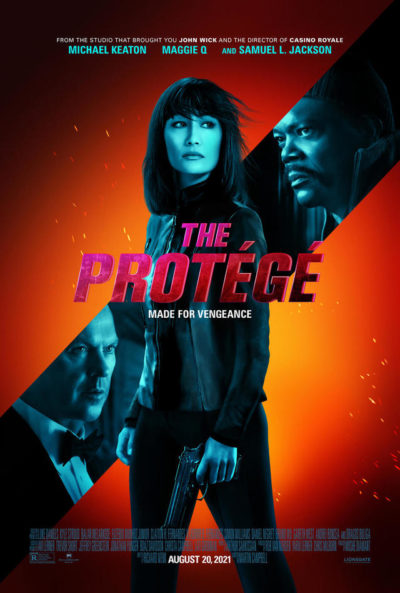 It’s nice to see Maggie Q get back into the action genre again. It’s where she achieved renown – most obviously in the second
It’s nice to see Maggie Q get back into the action genre again. It’s where she achieved renown – most obviously in the second  It’s difficult to put a finger on exactly what makes this so flat and uninteresting. The individual elements are fine – or, at least, don’t stand out as being particularly troublesome. However, the end product failed to hold my attention, particularly over the second half. It may be a case of the whole being considerably less than the sum of the parts, though if there was a single factor, I’d have to point at the story. This is probably too complicated for its own good, especially in a 90-minute movie: less would likely have been more.
It’s difficult to put a finger on exactly what makes this so flat and uninteresting. The individual elements are fine – or, at least, don’t stand out as being particularly troublesome. However, the end product failed to hold my attention, particularly over the second half. It may be a case of the whole being considerably less than the sum of the parts, though if there was a single factor, I’d have to point at the story. This is probably too complicated for its own good, especially in a 90-minute movie: less would likely have been more.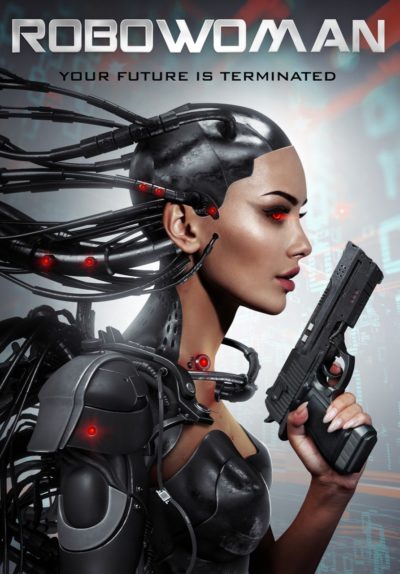
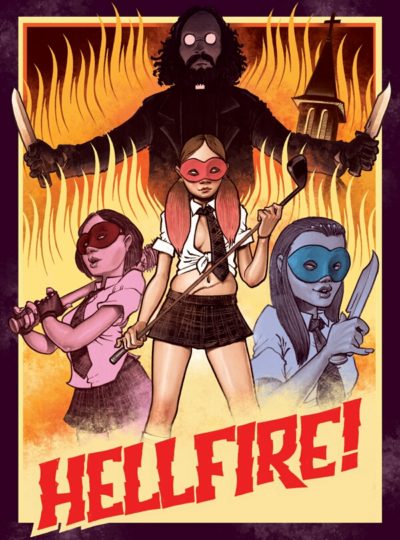
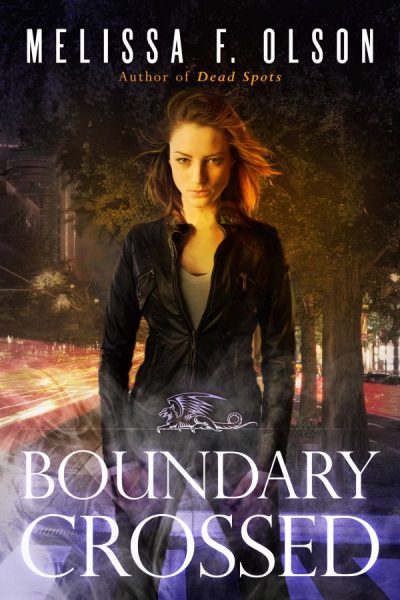

 I want to like Rose, who seems to be making a concerted effort to become an action heroine. It hasn’t always worked out – see
I want to like Rose, who seems to be making a concerted effort to become an action heroine. It hasn’t always worked out – see